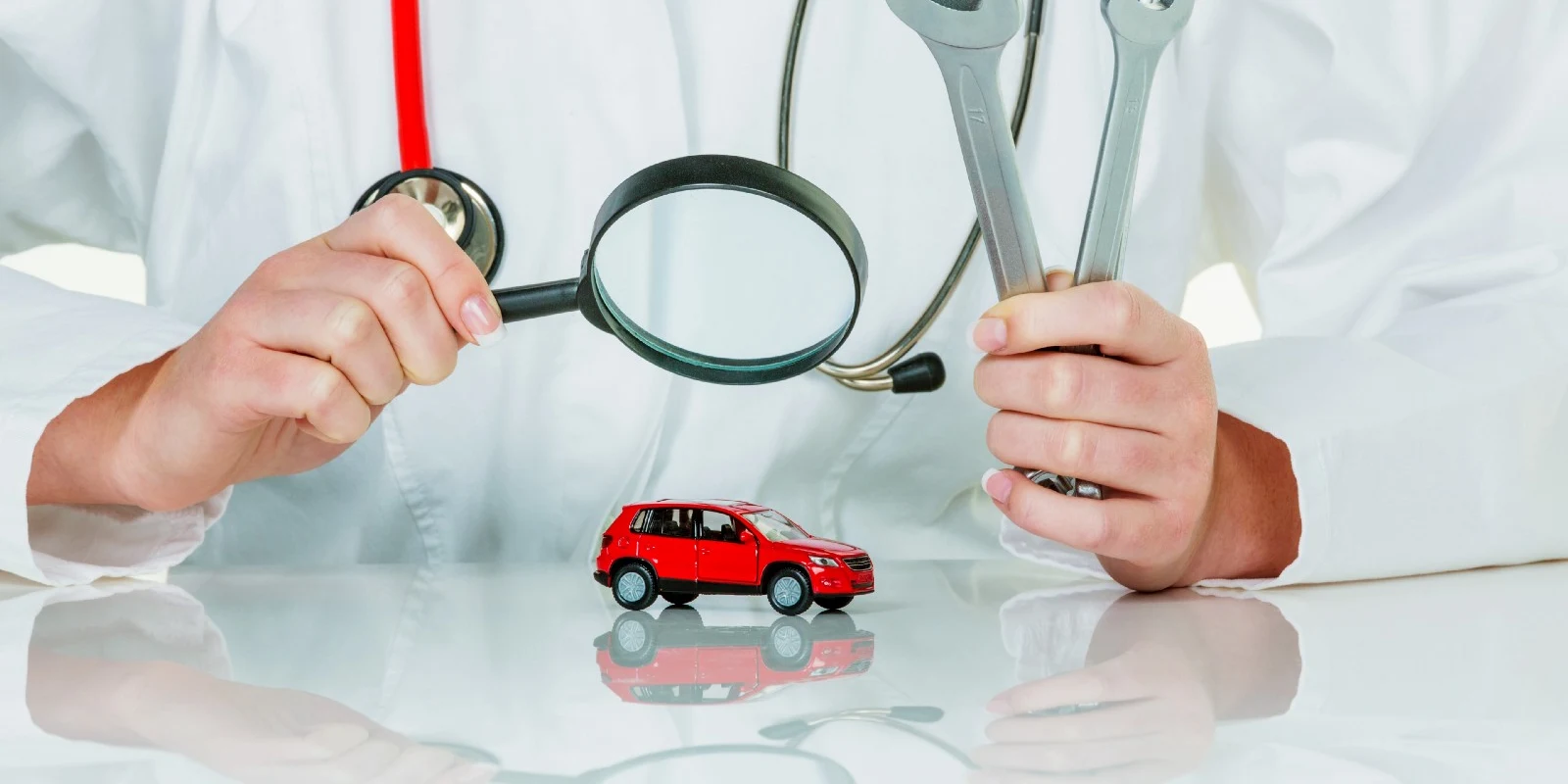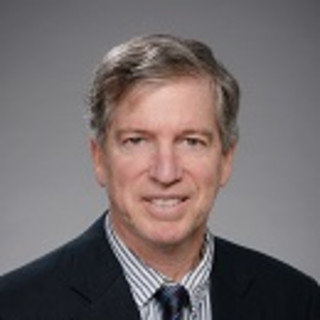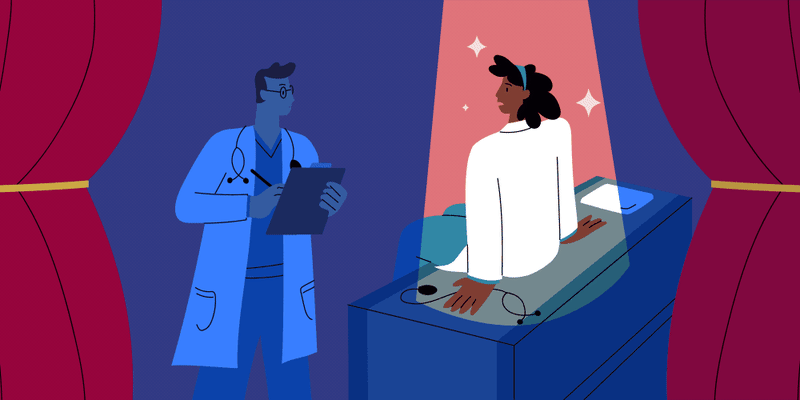
The check engine light just came on in my Subaru. The dealer hooks it up to a small hand-held computer for 5 minutes to get a diagnosis code. I am all set to leave it for the routine $350-$500 fix when the service rep says, “Let me check one thing, real quick.” He opens the gas cap, spins it off, then on again and voila, the check engine light goes off. I leave jubilant, an imaginary $500 richer, and head for a neighborhood hole-in-the-wall sushi diner where the chef and owner prepares lunch each day until 2 pm. It is five minutes before 2 pm, but he decides to stay open and serve me lunch. There are pictures on the wall, I imagine, of the Japanese village where he was born probably 65 years ago. I am the only customer, sitting at the counter looking through a glass case at raw fish and a set of knives sharp enough to make the retired surgeon-in-me envious. So far today, I am very lucky that both the service rep and the sushi chef altered their programming and protocols to fit a non-standard set of circumstances. They asserted their humanity.
How do these somehow unrelated, trivial situations contribute to my decision to retire after 35 years as an academic surgery professor? Why did I retire? In fact, a better question might be, why did I quit the work that I loved. The answer has to do with the humanity infused into the situations above that is slowly being extracted from the practice of medicine. Patients are being treated like a manufactured constant version of the same machine, similar to my car. Protocols must be inflexibly adhered to. The doctor-patient relationship is being directed by computers and billing codes. The push toward standardization and algorithmic templates are by their nature oblivious to individual human nuance.
According to Atul Gawandi’s classic New Yorker article, standardization has worked well for restaurants like The Cheesecake Factory. However, he poses the unanswered question as to whether we can translate this to the human medical condition. Standard outcomes in medicine are defined by a level of mediocrity acceptable to insurance companies and joint hospital commissions. The dogma or “dogs — t” being fed to patients is that the electronic medical record and standardization will improve patient care by making every caregiver interchangeable. Propaganda about “the team approach” is being touted as patients receiving the best-of-the-best care from each different specialist. Those of us, in-the-know, understand that the team approach too often paints the picture of a patient who will rarely ever see the same caregiver twice and that the medical record will read like a telephone game with every erroneous fact or piece of data being compounded by “cut & paste.” Furthermore, the team approach divides a human being into anatomic and physiologic organ systems with such surgical precision that the specialists are blinded to the whole.
So why did I retire? It is too simple to say burnout which according to present surveys is around 40% for physicians. I first heard Rupert Sheldrake, a writer and philosopher coin the term “mechanistic medicine.” He explored several dogmas of our time including that man can be treated medically as a machine. He further interviewed a physicist who admitted that the constants held so dear like the speed of light and the force of gravity are not really constant. They are only made to be constants by fudging the calculations. Mechanistic medicine assumes a human machine that is constant. Likewise, it is easy to fudge outcome data to a dumbed-down median or average standard.
We are heading away from a holistic approach of medical diagnosis and treatment in our drive toward computer-driven algorithms. There will be no place for unique treatments and customized outcomes to match the variability of human psychology and culture. Improvement and evolution in healing the individual patient will be precluded since the data will only be looking at “the standard patient.” Perhaps the saddest sequela of mechanistic medicine is that the doctor-patient relationship will be sacrificed. In many cases, it already has been. This removes one of the greatest sources of nonfinancial compensation for a passionate caregiver. At the same time, it eliminates the trust in their physician that patients and families need to make it through a crisis.

The practice I left right before I retired was burn surgery. The ideal outcome for a burn patient should be beauty and grace physically, emotionally and spiritually. This is impossible to standardize. There are no algorithms that can diagnose and treat a lack of grace or spiritual well-being. The picture of this is unique to each individual patient, family and even culture. The physicians who wish to step outside of the box of their training and forge a relationship of compassion, thoughtful innovation and long-term accountability to their patients will reap the rewards. Those who follow the present path of technology-driven, mechanistic medicine will be no different than a car mechanic working at the dealership. Don’t get me wrong, I am very grateful for a technically skilled car mechanic; however, he or she is no longer “my mechanic” as I no longer have “my doctor” and I retired because I refused to give up the concept of “my patients.”
Gary Fudem, MD is a retired plastic surgeon and Professor of Surgery in Seattle, Washington. He worked full-time with burn and cancer patients for over 35 years. Dr. Fudem thinks of the practice of medicine as “a spiritual journey that [he travels] with [his] patients and other caregivers. Some patients need surgery, but all patients need compassion and human touch.”







